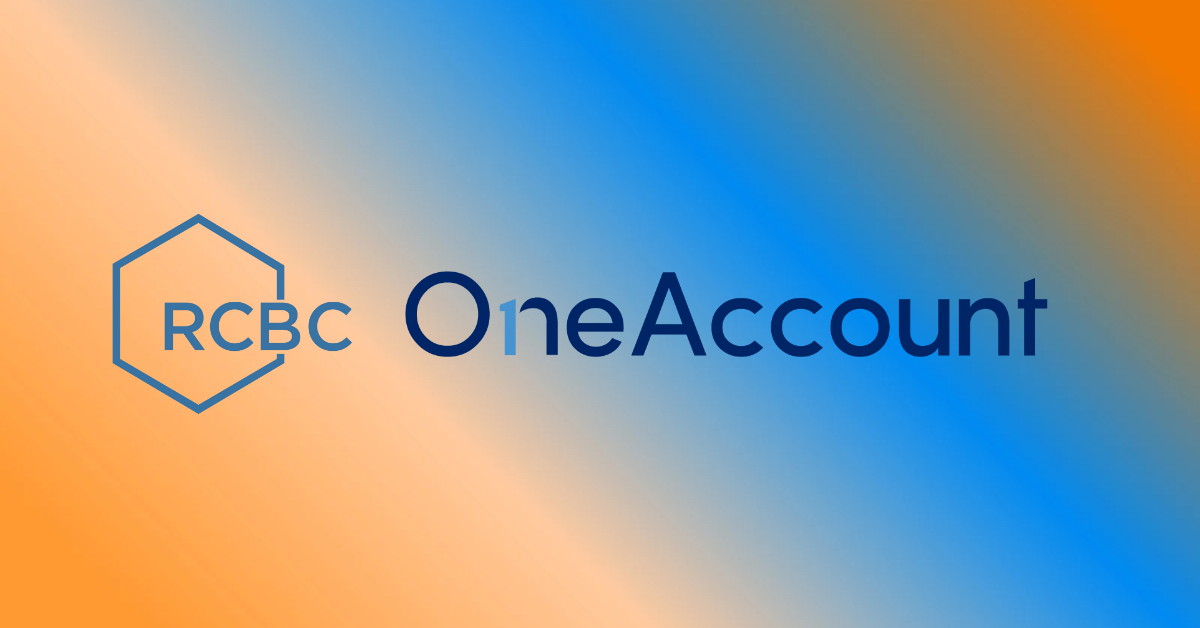In the Philippines, June 12 is a day of celebration as it marks the country’s liberation from Spanish rule in 1898. While the concept of independence holds various meanings for different individuals, many Filipinos strive relentlessly for a particular kind of freedom: financial independence.
Although the definition of financial freedom may vary from person to person, it generally encompasses the ability to afford one’s needs and desires. It involves having the financial capability to live the desired lifestyle and being prepared for unexpected events, such as personal or medical emergencies, by knowing where to acquire the necessary funds. Achieving this level of freedom extends beyond merely holding a high-paying job. It necessitates discipline, particularly for hardworking Filipinos who have aspirations and responsibilities that demand attention.
Here is a straightforward four-step guide that can help every Filipino on their journey toward achieving financial independence:
Pay Your Debts
The initial step towards attaining financial stability and independence revolves around managing your debts. It is important to recognize that not all debt is detrimental, particularly if you have the means to repay them and are not relying on credit to sustain a lifestyle beyond your financial capacity. Saving and investing money becomes challenging when your expenses and purchases consistently surpass your income. If you find yourself unable to settle all your debts simultaneously, prioritize paying off the high-interest ones before addressing those with lower interest rates. This approach prevents the accumulation of excessive fees. If you are still in the process of repaying a high-interest credit card debt, refrain from obtaining additional credit cards. Avoid borrowing money unless it is absolutely necessary, and definitely refrain from acquiring debt to fund leisure activities or purchase new gadgets.
Save, Save, Save (and stick to a budget)
After clearing your debts, the next step toward financial independence is focused on saving money. Instead of saving what’s left of your salary after spending, aim to save a fixed percentage of your monthly earnings. Additionally, consider any extra income you receive outside of your regular salary, such as work bonuses, and allocate a significant portion of it toward your savings account. The crucial aspect is to maintain consistent savings and refrain from dipping into your savings fund unnecessarily.
Creating a budget for your expenses is also essential. This enables you to determine the amount you can spend after covering your monthly bills and setting aside funds for savings. The more detailed your budget, the better. Consider developing a weekly budget rather than a monthly one to gain a clearer understanding of your financial capacity within each pay period.
To minimize the temptation to spend your savings impulsively, consider setting up a separate bank account or time deposit specifically for your savings. This separation can help protect your savings from impulsive spending during sales events or other tempting financial opportunities.
Maximize Your Earning Capacity
Explore various opportunities to boost your income. This doesn’t necessarily entail investing in stocks or the stock market — at least not initially. Begin by considering simple side hustles that don’t require significant upfront costs, such as freelancing as a photographer or starting a vlog. As you embark on your journey toward financial independence, it’s crucial not to invest money that you cannot afford to lose. Start with low-risk ventures and gradually expand your income-generating activities as you gain more confidence and experience.
Create an Emergency Fund
After gaining a comprehensive understanding of your regular financial situation, it is essential to establish an emergency fund. This fund serves a dual purpose: it safeguards your savings while providing a financial safety net for unforeseen circumstances. Conventional wisdom suggests that setting aside three to six months’ worth of salary is prudent to have in your emergency fund. This ensures that you have adequate funds available to address any unexpected issues that may arise, providing peace of mind and financial security.
Having a reliable financial partner like RCBC is crucial in achieving financial independence. RCBC offers the One Account, which combines the features of a savings account, checking account, and time deposit into a single account. This all-in-one solution provides the flexibility and convenience necessary for your journey toward financial independence. With features such as a savings account accompanied by a debit card, transaction journal, and checkbook, all with zero maintaining balance, RCBC’s One Account empowers you to manage your finances effectively.
The path to financial independence may present challenges, but with a strong commitment and determination to succeed, you can overcome them. Having a supportive financial partner like RCBC can provide the guidance and support you need on your journey toward achieving financial independence.


